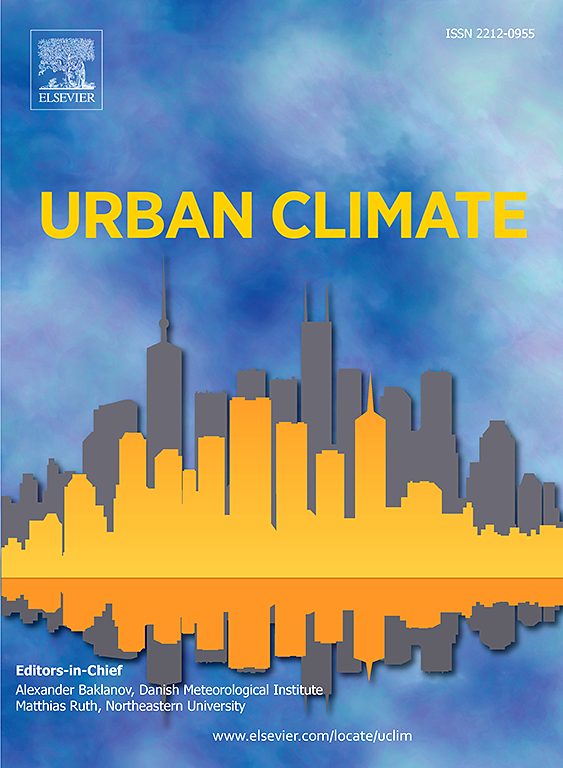Evidence on local climate policies achieving emission reduction targets by 2030
IF 6
2区 工程技术
Q1 ENVIRONMENTAL SCIENCES
引用次数: 0
Abstract
Local governments play a crucial role in combating climate change. They directly engage with citizens, impact their daily lives, and implement local policies to meet mitigation goals. This paper focuses on identifying specific policy themes that significantly contribute to achieving 2030 mitigation targets, thereby supporting local governments in developing effective climate action plans. We developed an innovative machine learning methodology to extract policy topics and evaluate their impact on meeting committed mitigation targets. This approach includes a new stopping criterion for Structural Topic Modeling. We applied this methodology to a sample of 744 Global Covenant of Mayors signatories, each committed to reducing a percentage of their baseline emissions by 2030. Our findings reveal that policies addressing building integration and transport modal shift, among others, show a strong positive correlation with the likelihood of meeting emissions reduction targets. By leveraging machine learning techniques, our methodology effectively categorizes diverse individual policies into more cohesive topics, facilitating knowledge sharing among committed cities and enhancing the overall effectiveness of climate action strategies.
地方气候政策到2030年实现减排目标的证据
地方政府在应对气候变化方面发挥着至关重要的作用。他们直接与公民接触,影响他们的日常生活,并实施当地政策以实现缓解目标。本文侧重于确定对实现2030年减缓目标有重大贡献的具体政策主题,从而支持地方政府制定有效的气候行动计划。我们开发了一种创新的机器学习方法来提取政策主题并评估其对实现承诺的缓解目标的影响。该方法为结构主题建模提供了一个新的停止准则。我们将这一方法应用于744个《全球市长公约》签署国的样本,每个签署国都承诺到2030年将其基准排放量减少一定比例。我们的研究结果表明,除其他外,解决建筑一体化和运输方式转变的政策与实现减排目标的可能性具有很强的正相关关系。通过利用机器学习技术,我们的方法有效地将不同的个别政策分类为更具凝聚力的主题,促进了承诺城市之间的知识共享,并提高了气候行动战略的整体有效性。
本文章由计算机程序翻译,如有差异,请以英文原文为准。
求助全文
约1分钟内获得全文
求助全文
来源期刊

Urban Climate
Social Sciences-Urban Studies
CiteScore
9.70
自引率
9.40%
发文量
286
期刊介绍:
Urban Climate serves the scientific and decision making communities with the publication of research on theory, science and applications relevant to understanding urban climatic conditions and change in relation to their geography and to demographic, socioeconomic, institutional, technological and environmental dynamics and global change. Targeted towards both disciplinary and interdisciplinary audiences, this journal publishes original research papers, comprehensive review articles, book reviews, and short communications on topics including, but not limited to, the following:
Urban meteorology and climate[...]
Urban environmental pollution[...]
Adaptation to global change[...]
Urban economic and social issues[...]
Research Approaches[...]
 求助内容:
求助内容: 应助结果提醒方式:
应助结果提醒方式:


